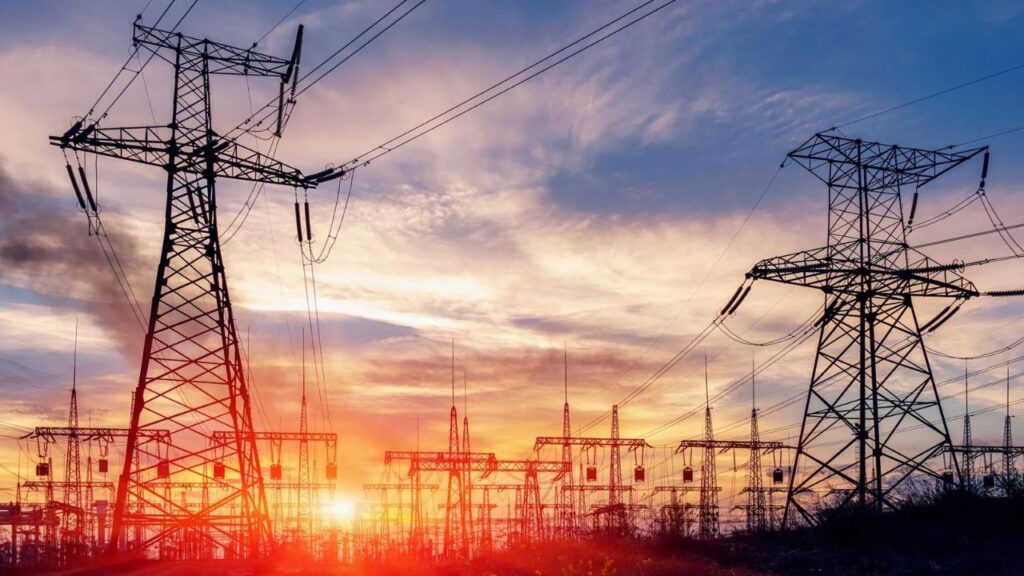Pakistan is facing an energy efficiency challenge, as indicated by its low score of 28 out of 100 in the World Bank’s Regulatory Indicators for Sustainable Energy ranking. Historically, the country has focused on expanding energy generation rather than curbing demand, which is more cost-effective. However, there is hope for a brighter future with the introduction of the National Energy Efficiency & Conservation (NEEC) Policy 2023.
This policy has paved the way for a comprehensive National Energy Efficiency and Conservation Action Plan (2023-30) that aligns with Pakistan’s Vision 2025 and national energy policies. It aims to double energy efficiency improvement by 2030, which is essential in addressing the country’s energy crisis.
Efficiency and conservation are vital solutions for Pakistan’s energy issues, especially given its high energy intensity. The National Energy Efficiency and Conservation Agency (NEECA) is working to set minimum energy performance standards for appliances, potentially saving households a significant amount of money.
Collaboration with authorities to revise development bylaws is necessary to incorporate energy efficiency practices in new construction. This includes passive and active measures like green roofs, insulation, and efficient heating and cooling systems.
Experts emphasize the importance of Minimum Efficiency Performance Standards (MEPS) for consumer products and affordability for the public. K-Electric’s Roshni Bajis initiative, focused on affordable energy access, has been highlighted as a positive step in the right direction.
Despite the challenges, there is optimism among experts about the opportunities for energy efficiency in Pakistan. They stress the need for innovation and indigenization to transform the energy sector. Pakistan’s journey toward a more sustainable energy landscape relies on prioritizing standardization and energy efficiency, as embodied in the National Energy Efficiency and Conservation Action Plan. This initiative is poised to reshape Pakistan’s energy future, ushering in a new era of resilience and sustainability.

